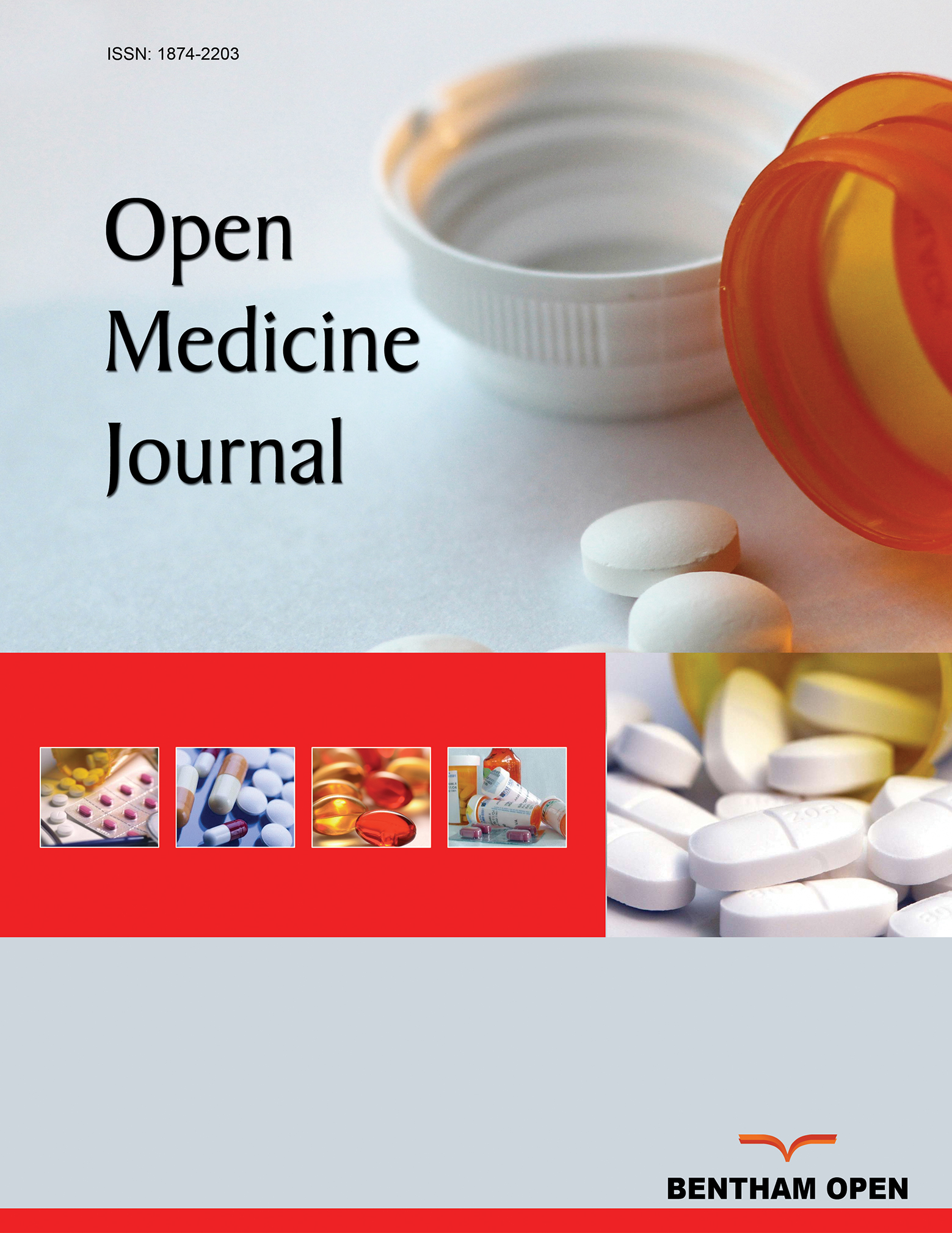All published articles of this journal are available on ScienceDirect.
The Role of Physicians’ Attitudes and the Provision of Hepatitis C Virus Treatment to People Who Inject Drugs
Abstract
Inadequate hepatitis C virus (HCV) assessment and treatment among people who inject drugs (PWID) is a result of patient, provider and health system level barriers. Low HCV treatment rates continue even though guidelines have been revised to consider HCV treatment among PWID on a case-by-case basis. If accessibility to HCV treatment were increased, especially to PWID this would greatly decrease the pool of communicable disease. In order to successfully control and prevent HCV infection PWID must be actively engaged in the treatment process. Physicians’ attitudes towards HCV treatment can be represented in studies as views that are directly perceived by the physician or indirectly as perceived by the patient who is under the care of the physician. The current review focuses on examining both the indirect and direct views of physician’s attitudes in treating HCV-infected PWID and examines how this influences and impacts provision of HCV treatment. A review of the literature suggests that physician’s have varied attitudes towards their patients who use recreational drugs and who are HCV positive. Moreover it is the negative associations between HCV and drug use that can impact HCV treatment accessibility and affect the number of people who can actively begin treatment.


